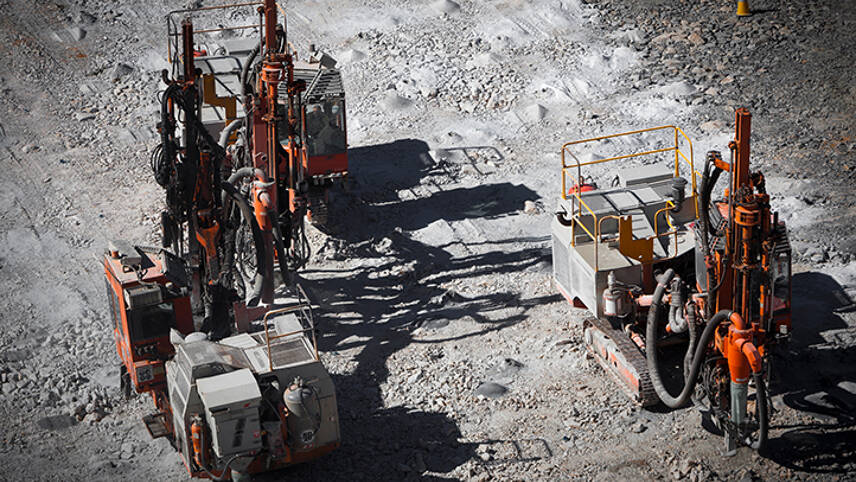Register for free and continue reading
Join our growing army of changemakers and get unlimited access to our premium content

Pictured: A lithium mine in Western Australia
The Government has, this morning (22 July), unveiled its first ‘Critical Minerals Strategy’. The strategy outlines the importance of minerals such as graphite, lithium and silicon in boosting key markets and issues steps to improve the resiliency and sustainability of those supply chains.
With the production of critical minerals expected to rise by as much as 500% by 2050, the UK Government is keen to grab a slice of this evolving market. The new strategy outlines plans to accelerate the nation’s domestic capabilities of sourcing and refining these minerals, while also collaborating with existing and emerging international markets.
Currently, supply chains for these materials are volatile, complex and often linked to environmental degradation, with just a few counties – namely China – accounting for the bulk of the production.
As such, the new strategy aims to build on the UK’s existing skills base and invest in research and development to unlock new market opportunities. The Government has also confirmed it will seek to improve the reuse and recyclability of these materials.
Business and Energy Secretary Kwasi Kwarteng said: “With rising geopolitical threats, Britain needs to move quickly to secure the rare earth minerals necessary to supply our future industries. Most of these minerals are sourced from just a handful of countries, leaving Britain vulnerable to market shocks. We need to develop and strengthen our own supply chains to protect our national security into the future.
“Russia’s illegal invasion of Ukraine is a timely reminder of how global events beyond our control can impact supply chains, with profound consequences for the economy. To boost our domestic resilience, today’s Critical Minerals Strategy lays out our plan to bring high value manufacturing back to the UK to protect our country’s future access to supplies. Our support for Pensana’s new facility in Yorkshire shows we are already putting the Strategy’s aims into action to diversify our supply chains away from dominant market players.”
The minerals covered in the strategy will be key to unlocking and growing innovation in areas like road transport and aircraft, yet the minerals are not without their issues.
Experts believe there is not enough cobalt in the world to replace every working petrol or diesel vehicle on the roads with fully electric alternatives. Moreover, batteries are typically warrantied for less than 15 years and considered hard to recycle, even though they contain high proportions of recyclable and high-value metals. The good news is that the likes of BMW, Nissan and Formula E are beginning to invest heavily in more circular battery products and systems, and that startups in this space are continuing to innovate.
Elsewhere, there are growing calls for automakers and technology firms to pre-emptively move away from companies involved in deep-sea mining, which is used to source key minerals. As well as destroying fragile marine habitats, deep-sea mining also impacts the oceans’ ability to absorb and sequester carbon, which in turn exacerbates the climate crisis.
Some minerals are often subject to mining or trading that is often associated with violations of environmental and social standards. Tungsten is an example of this. It is found not just in the vibration alarm of mobile phones and light bulb filaments, but also in the drill and milling bits of industrial machinery used in producing cars.
The announcement from BEIS was made as Kwarteng unveiled a multi-million pound investment in the UK’s first-ever magnet materials refiner.
The £145m manufacturing site will be located in Saltend and operated by Pensana. The facility will process minerals used in magnets for EV use. Pensana expects operations to begin at the end of 2023.
The facility is backed by the government’s Automotive Transformation Fund, an £850m programme to electrify Britain’s automotive supply chain.


Please login or Register to leave a comment.